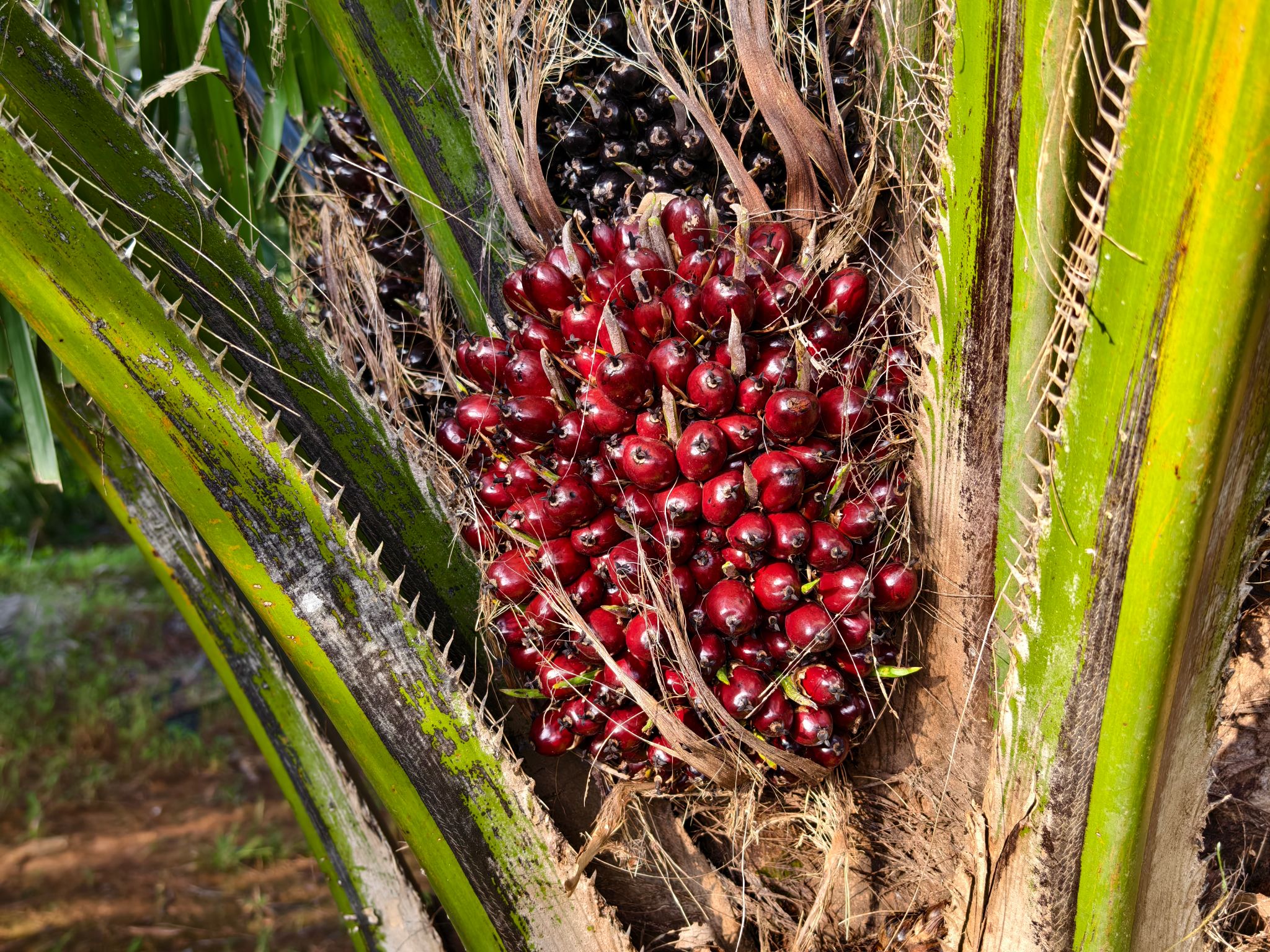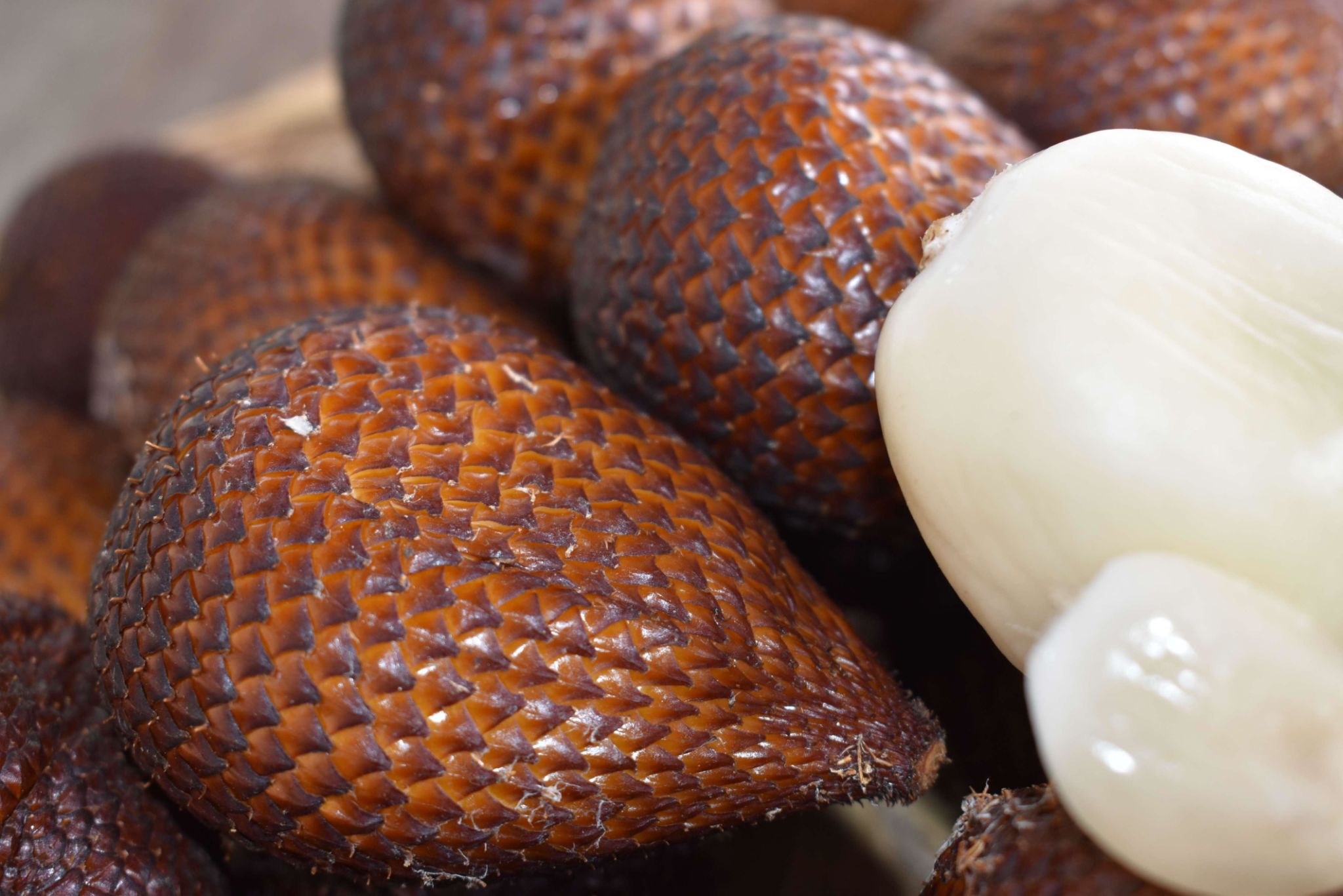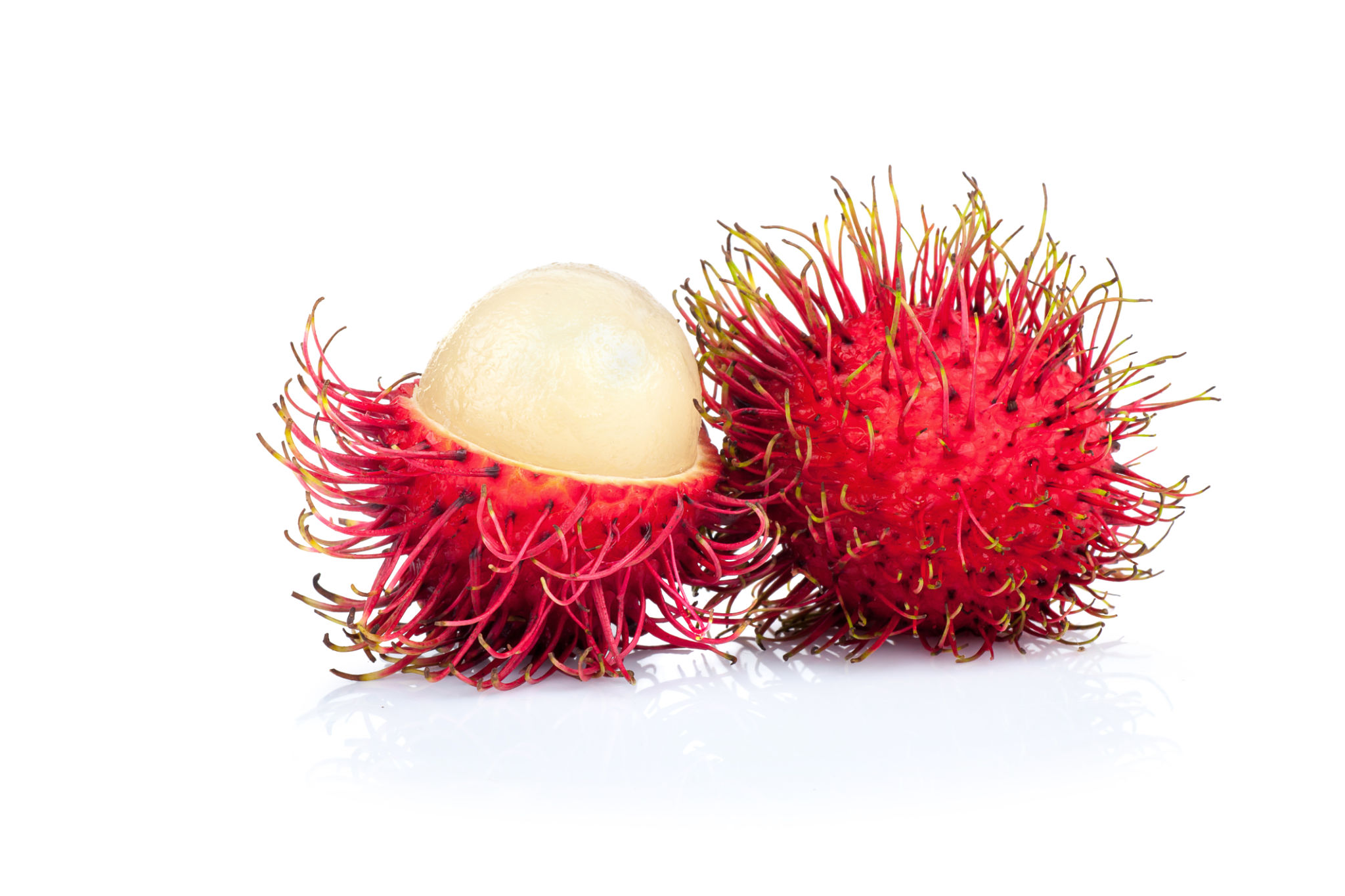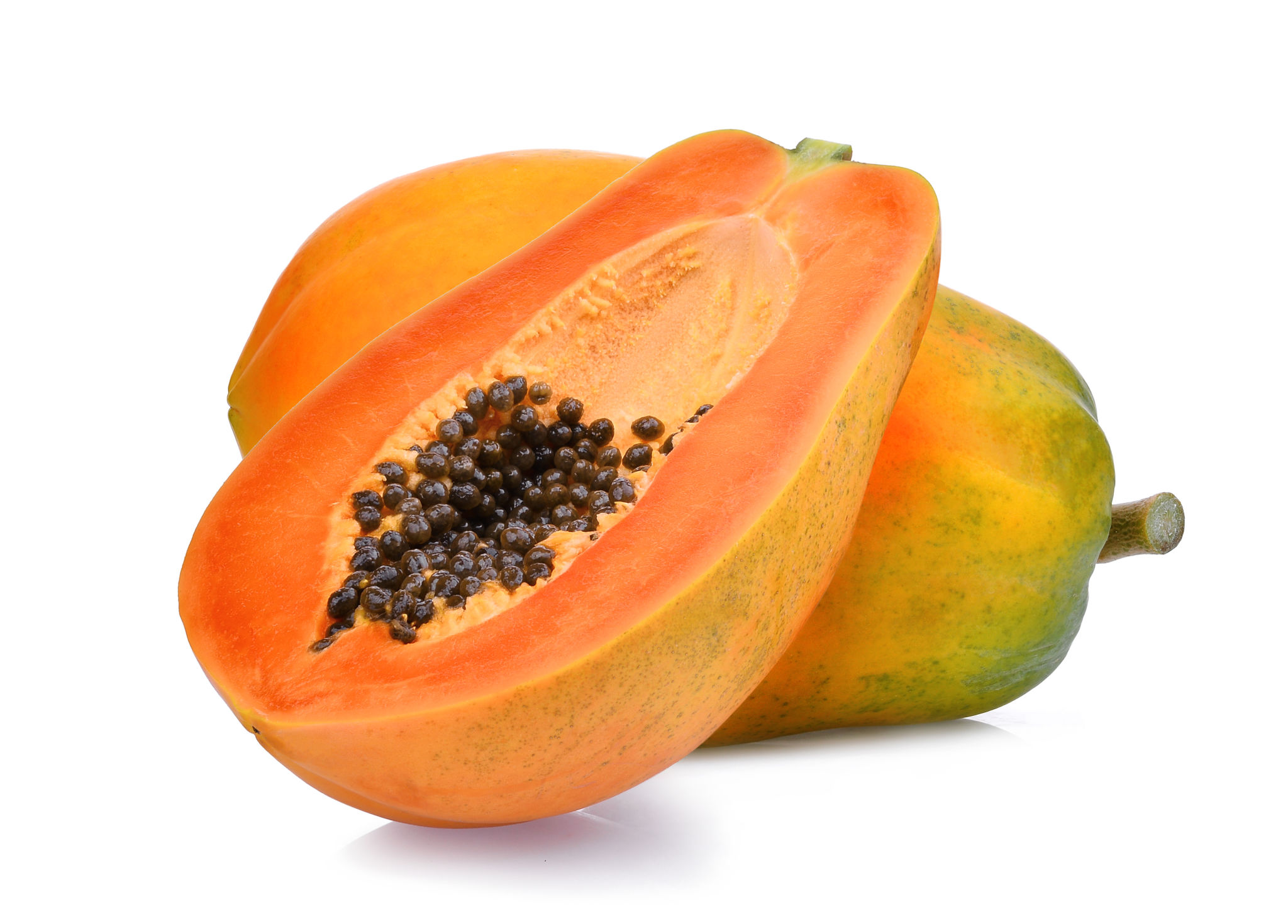Top 5 Indonesian Fruits You Should Be Exporting Right Now
Exploring the Richness of Indonesian Fruits
Indonesia, with its diverse climate and fertile soil, is home to a wide variety of exotic fruits that are not only delicious but also packed with nutrients. As global demand for tropical fruits continues to rise, now is the perfect time to explore the top Indonesian fruits that you should consider exporting. Here are five fruits that stand out for their unique flavors and potential market value.

1. Mangosteen: The Queen of Fruits
Mangosteen is often referred to as the "queen of fruits" due to its delightful taste and numerous health benefits. The fruit has a sweet and tangy flavor, with a juicy texture that makes it a favorite among fruit lovers. Rich in antioxidants, mangosteen is believed to promote heart health and boost the immune system. Its unique taste and health benefits make it a sought-after product in international markets.
Exporting mangosteen can be highly profitable, especially in countries where tropical fruits are in high demand. The fruit's vibrant purple rind and luscious white flesh make it visually appealing as well, adding to its marketability.
2. Salak: The Snake Fruit
Salak, commonly known as snake fruit due to its reddish-brown scaly skin, is another exotic Indonesian fruit gaining popularity worldwide. Known for its crunchy texture and sweet-sour taste, salak is not only delicious but also rich in nutrients like vitamin C and potassium.

Salak is often eaten fresh or used in desserts and salads. Its unique appearance and taste make it an attractive option for export, especially in countries seeking new and exciting flavors to introduce to their consumers.
3. Rambutan: A Fuzzy Delight
Rambutan, with its hairy exterior and juicy, sweet interior, is a tropical delight that captivates many fruit enthusiasts. Similar to lychee in taste and texture, rambutan is rich in vitamins and minerals, making it a popular choice for health-conscious consumers.
The fruit's bright red or yellow skin with green spines makes it stand out on store shelves, increasing its appeal in international markets. Exporting rambutan can be a lucrative opportunity as more people discover its delicious flavor and nutritional benefits.

4. Durian: The King of Fruits
Durian is famously known as the "king of fruits" due to its large size and distinctive aroma. While its strong smell may deter some, durian's creamy texture and complex flavor profile have garnered a dedicated following around the world. Rich in vitamins and healthy fats, durian is considered a superfruit by many.
The demand for durian is particularly high in Asian markets, where it is used in various culinary dishes and desserts. Exporting durian can be highly profitable, especially if targeted towards regions with established durian enthusiasts.
5. Papaya: A Nutrient Powerhouse
Papaya is well-known for its sweet flavor and numerous health benefits. Rich in vitamin C, fiber, and antioxidants, papaya supports digestive health and boosts the immune system. Its vibrant orange flesh makes it visually appealing and easy to incorporate into a variety of dishes.

Papaya's versatility and nutritional content make it a popular choice for export. It can be sold fresh or processed into juices, dried snacks, or jams, providing multiple avenues for market penetration.
Conclusion
Indonesia's rich variety of fruits offers abundant opportunities for export businesses looking to tap into the global market for exotic produce. By focusing on these top five fruits—mangosteen, salak, rambutan, durian, and papaya—you can cater to the growing demand for tropical flavors while promoting the unique agricultural heritage of Indonesia.